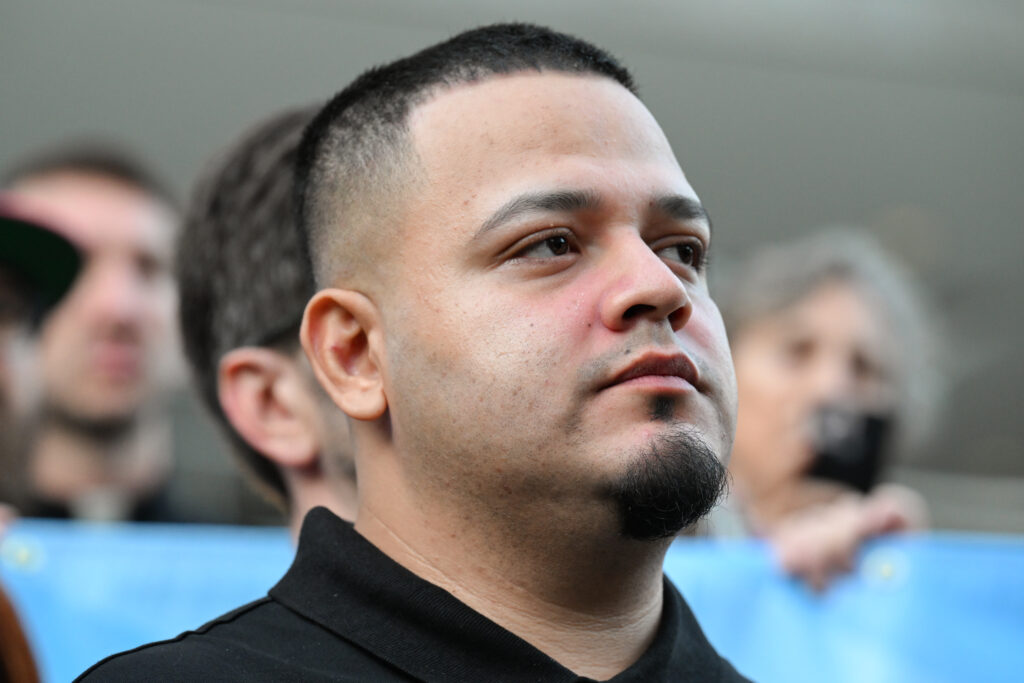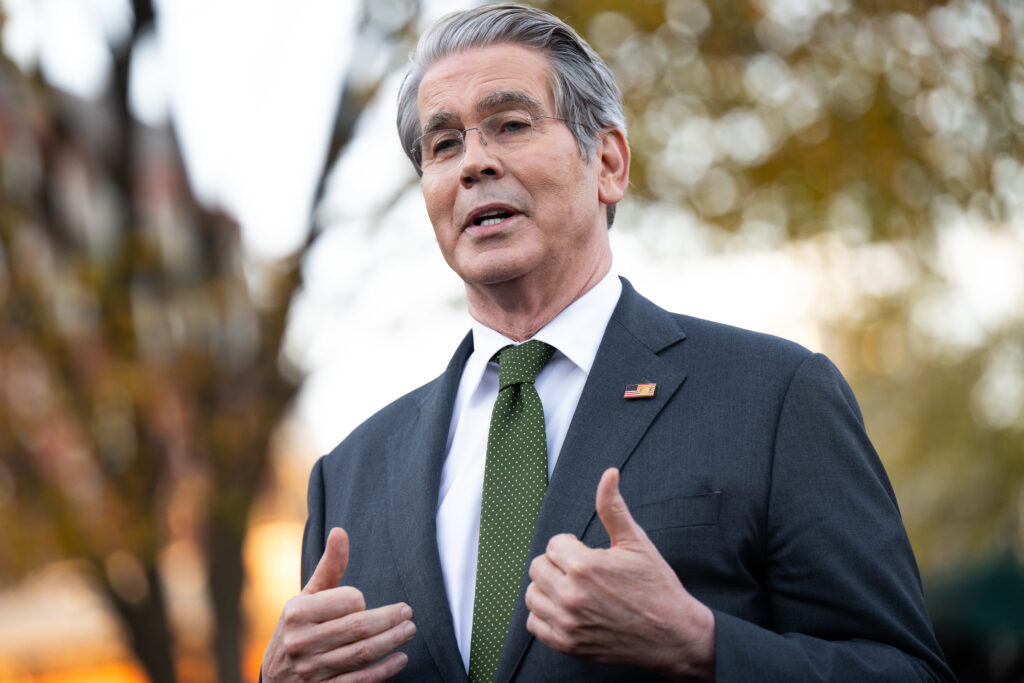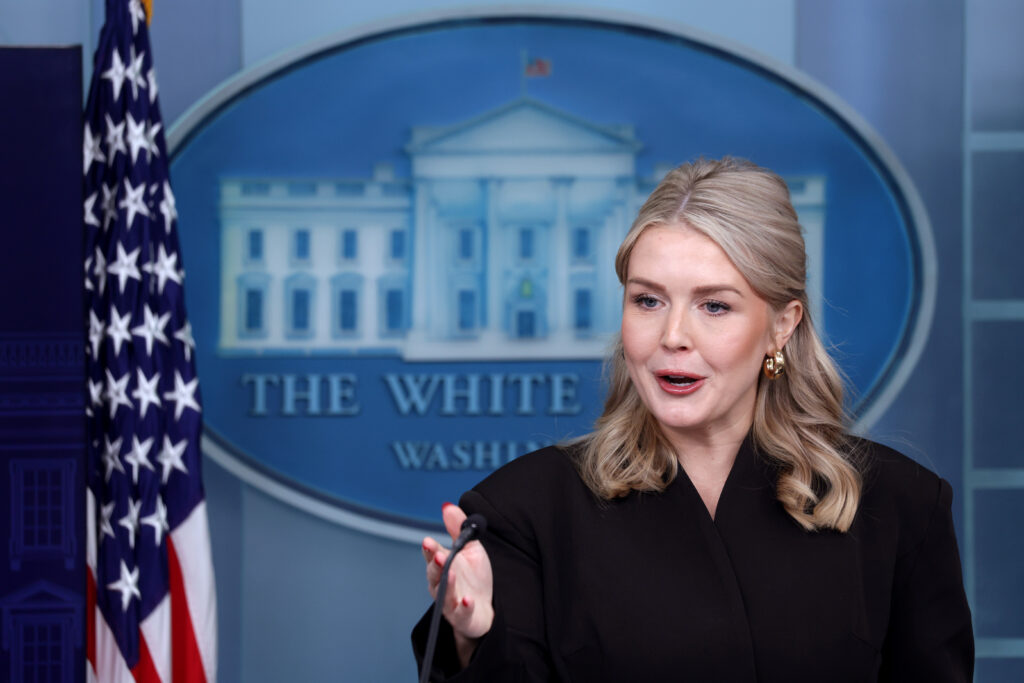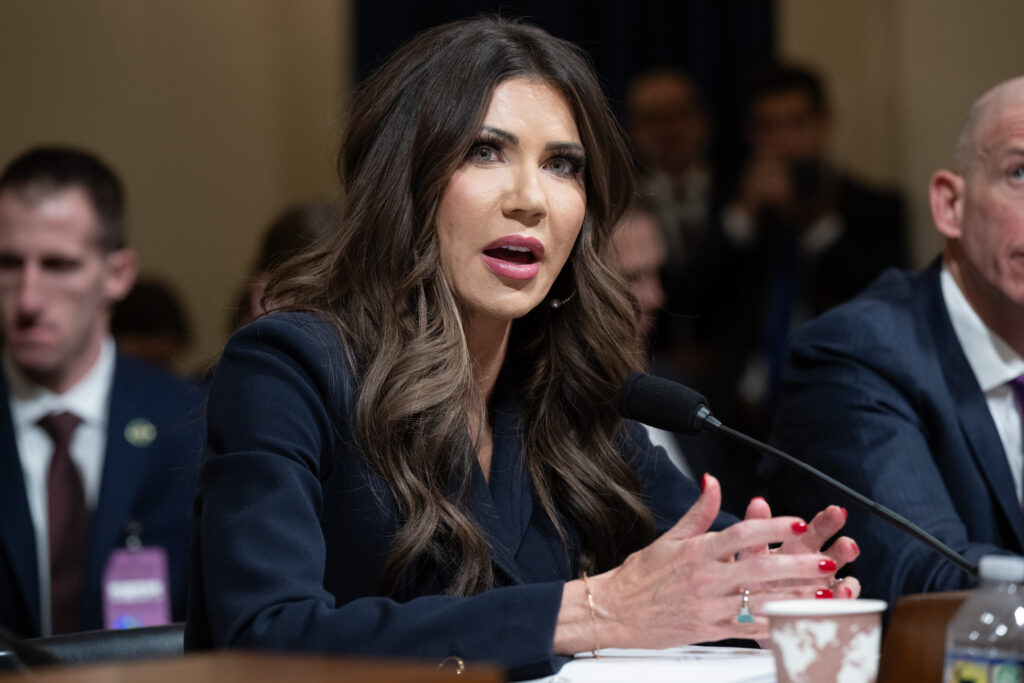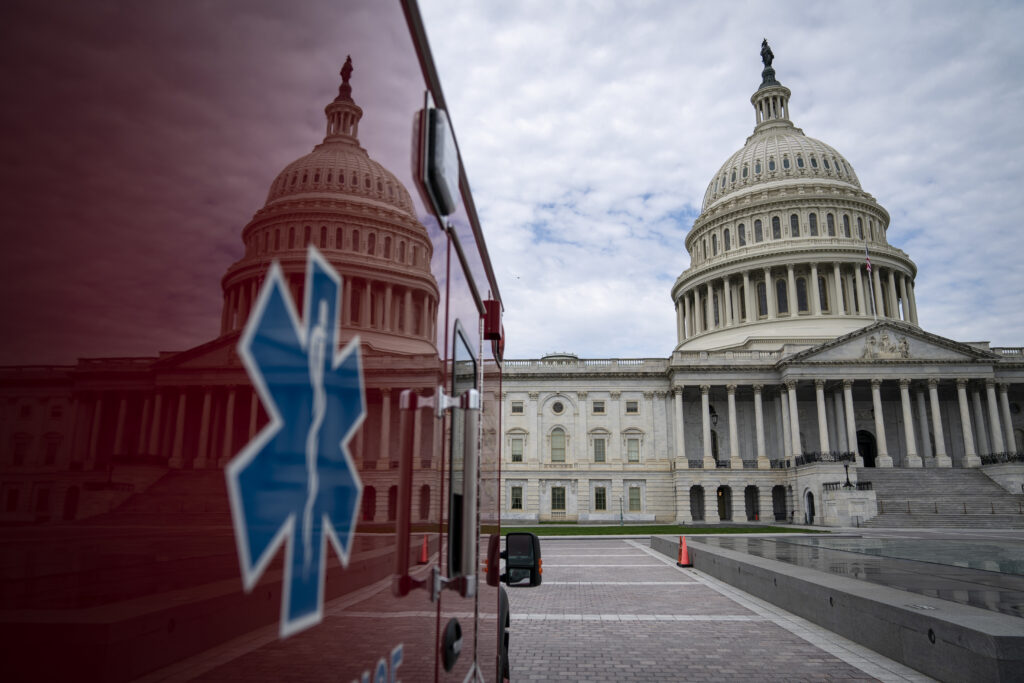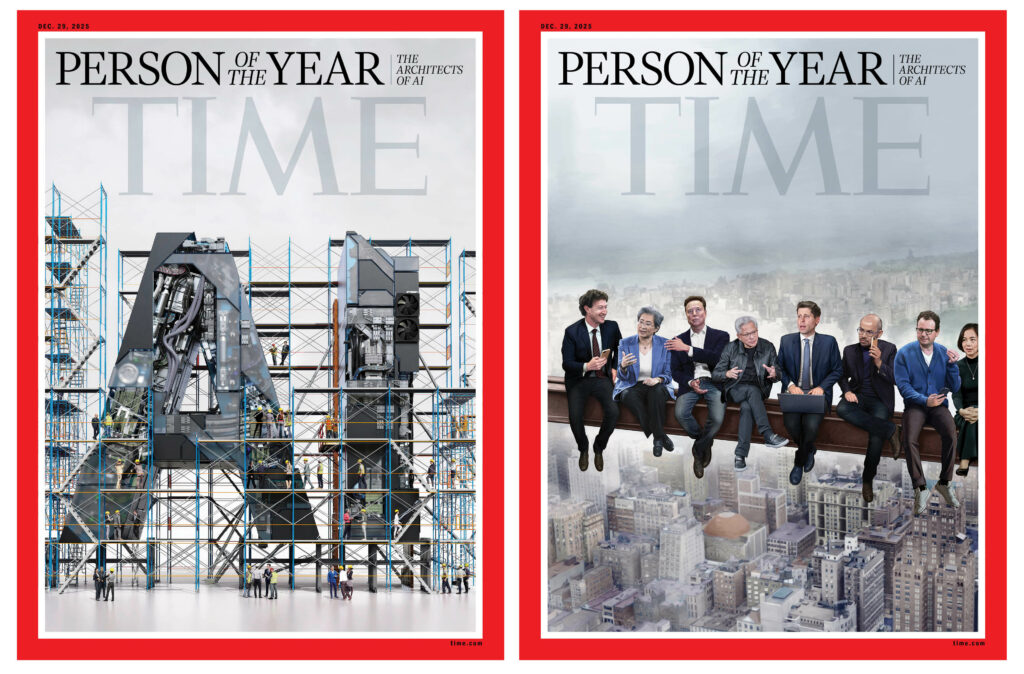Salvadoran man wrongly deported from US released from ICE custody: lawyer
A Salvadoran man at the center of a row over President Donald Trump’s crackdown on migrants was released from US immigration custody on Thursday after a lengthy legal battle, his lawyer said.Kilmar Abrego Garcia, a Maryland resident married to an American woman, was wrongly deported in March and then returned to the United States, where he was detained by Immigration and Customs Enforcement (ICE).A federal judge ordered his release on Thursday and Abrego Garcia’s lawyer, Simon Sandoval-Moshenberg, confirmed to AFP that he had been freed.”He’s released,” Sandoval-Moshenberg said in an email.Abrego Garcia’s case has become a lightning rod for those opposed to the Trump administration’s efforts to carry out mass deportations across the country.He was among more than 200 people sent to El Salvador’s CECOT mega-prison in March. The Trump administration alleges he is a violent MS-13 gang member involved in smuggling other undocumented migrants, which he denies.After his return to the United States in June, Abrego Garcia was detained again in Tennessee on human smuggling charges. He was then released under strict conditions in August, pending a trial.But after returning to Maryland, he was detained again by ICE for deportation to one of four African countries. He declared himself instead ready to go to Costa Rica, which had been willing to take him.In her ruling Thursday, Judge Paula Xinis concluded that Abrego Garcia has been held in ICE detention “absent a lawful removal order.””His detention has been for the basic purpose of effectuating removal, lending further support that Abrego Garcia should be held no longer,” Xinis said.She ordered the government to release him from ICE custody immediately while his legal challenge against his deportation moves forward.Department of Homeland Security spokeswoman Tricia McLaughlin accused the judge of “judicial activism.””This order lacks any valid basis and we will continue to fight this tooth and nail in the courts,” she wrote on X.Trump has made combating illegal immigration his top priority, claiming an “invasion” of the United States by “foreign criminals” and pressing for the deportation of millions of undocumented migrants. But his program has been hampered by numerous court rulings on the grounds that those targeted must be able to assert their rights.
